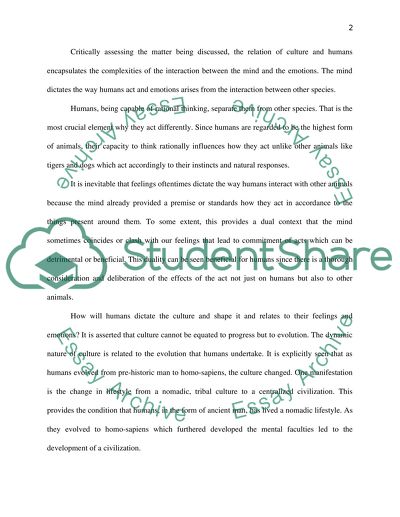Cite this document
(“Cultural Psychology Essay Example | Topics and Well Written Essays - 1250 words”, n.d.)
Retrieved from https://studentshare.org/psychology/1434336-final-exam
Retrieved from https://studentshare.org/psychology/1434336-final-exam
(Cultural Psychology Essay Example | Topics and Well Written Essays - 1250 Words)
https://studentshare.org/psychology/1434336-final-exam.
https://studentshare.org/psychology/1434336-final-exam.
“Cultural Psychology Essay Example | Topics and Well Written Essays - 1250 Words”, n.d. https://studentshare.org/psychology/1434336-final-exam.


